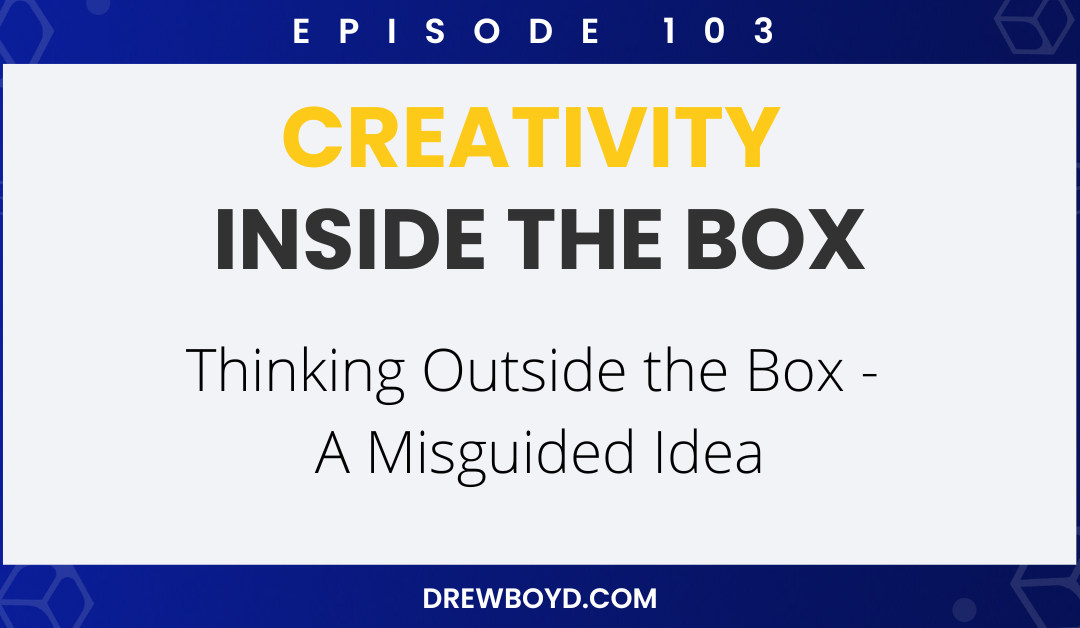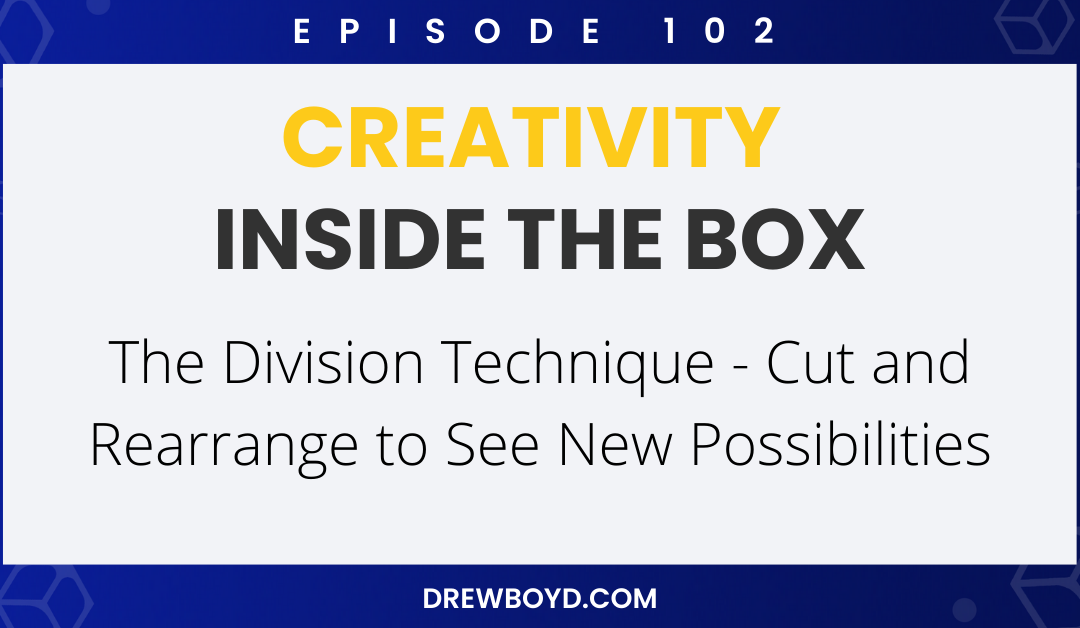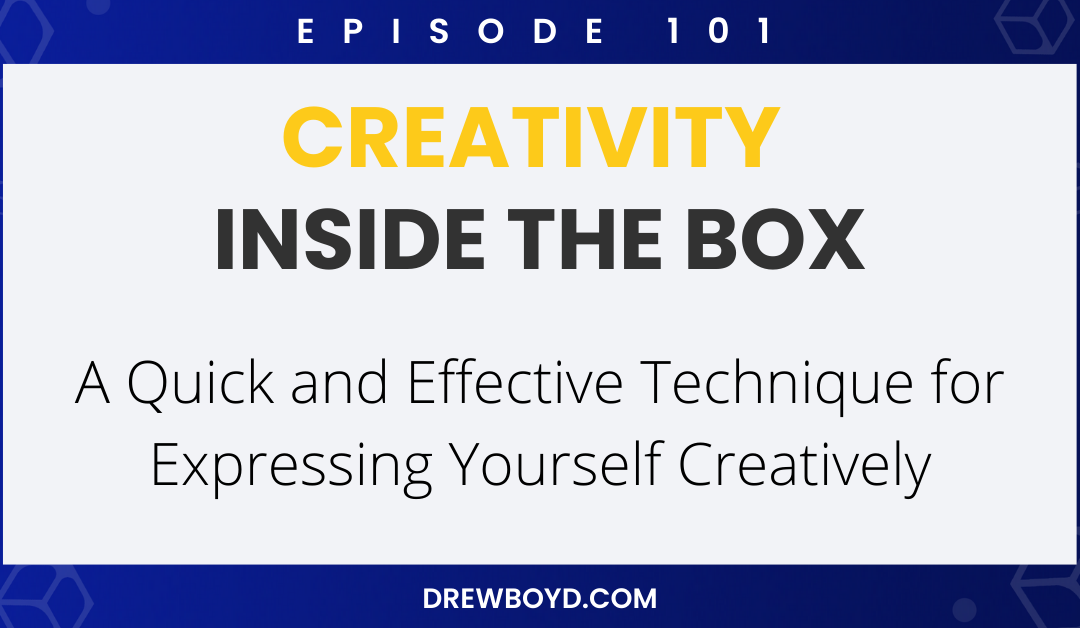If you want innovation in your company, hire innovative people. But how do you know if someone is innovative? What do you look for? What telltale evidence might suggest that a person has superior innovation skills?
Several years ago, I ran a youth hockey league for ages 6 to 18. A laborious part of this volunteer job was managing the selection of players for the elite travel teams. Fifty or so boys would compete for twenty slots on one of 20 teams. A group of coaches rated players on skating speed, puck handling, passing, and shooting. As league commissioner, I attended each evaluation…that’s right…all them. That’s 100 hours of evaluations plus many more hours tabulating the data, selecting players, and communicating with parents.
One year, I noticed something unusual in the data. A bit of regression analysis of the evaluations told a remarkable story: every player selected on every team also happened to be the fastest skaters in their tryout pool. In other words, we could have selected players with one simple variable, skating speed, instead of the tedious coaches’ ratings of multiple skills over multiple sessions.
I was shocked. We could have done a simple race from one end of the rink to the other, about 10 seconds in duration, for the entire group of candidates at each age group. The first twenty to cross the finish line make the team. Skating speed was essentially a predictor of all other hockey skills. It was a telltale of hockey success. Fifteen minutes of time trials could predict with perfect success the best players for twenty teams instead of 100 plus hours of evaluations. It could have been that simple.
What is the telltale of innovation? I think I know the answer. But, just as with the youth hockey experience, I will need to collect data to be sure. My hypothesis is mental searching speed, an idea that Yoni Stern at S.I.T. taught me. This is a measure of how well you “Google” your own mind and memory for information or experiences when given a task. The task in the case of innovation is to take a Virtual Product (a mental abstract produced through the S.I.T. method), and mentally search your mind to find many productive, innovative uses for it. Whoever can find the most ideas for a given task is more innovative in my view. They “make the team.”
My task now is to select a different team – a team of research collaborators to find and validate the Innovation Telltale, something the Fortune 100 will surely value.




